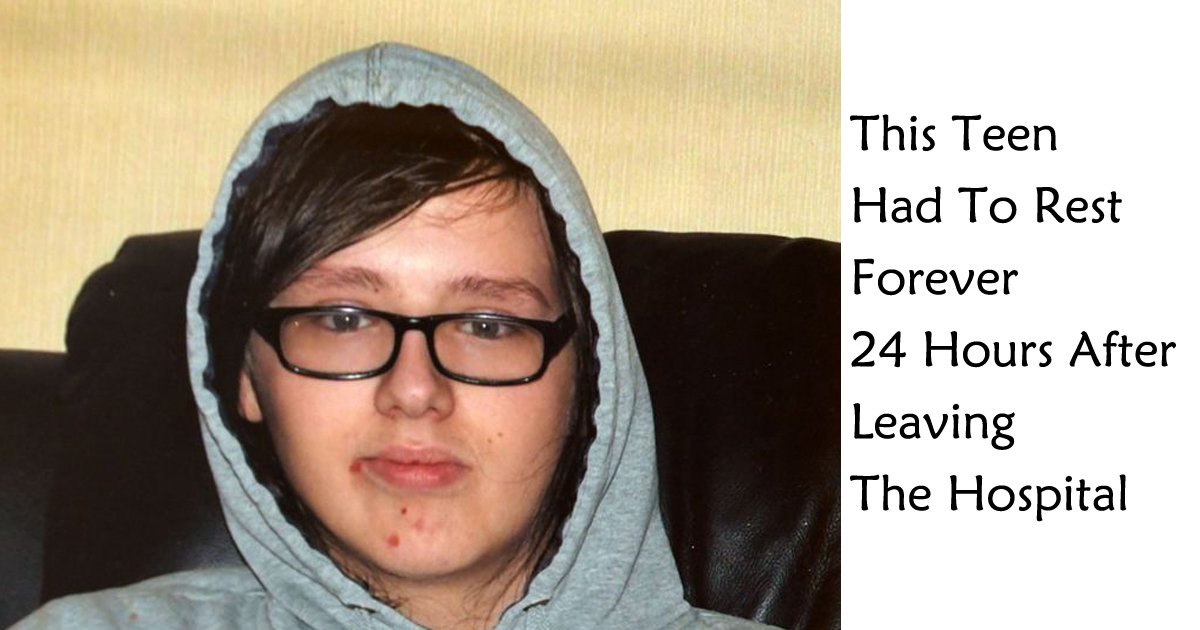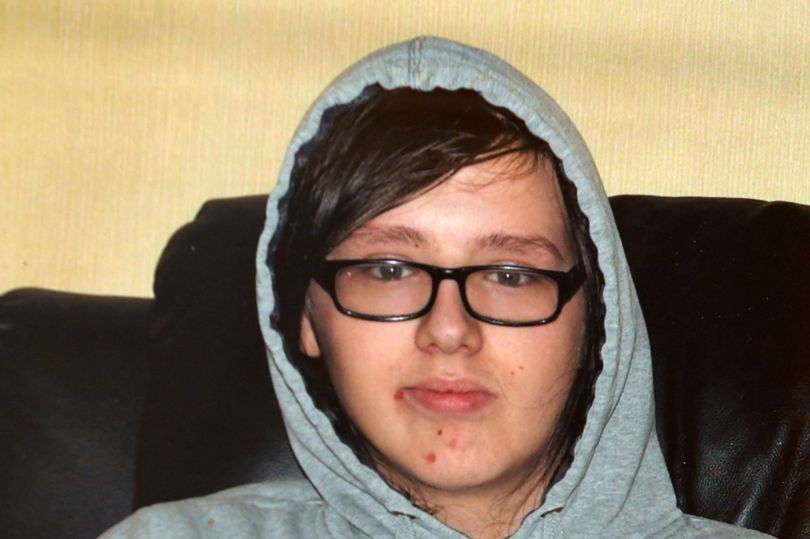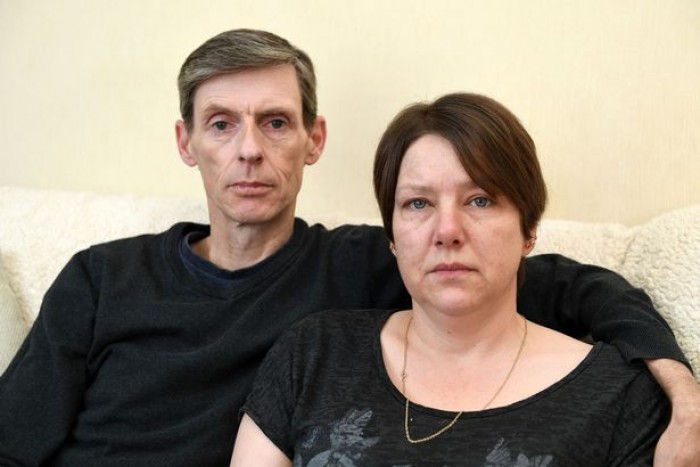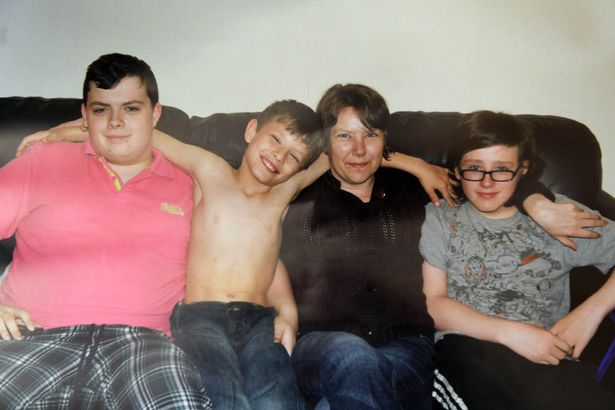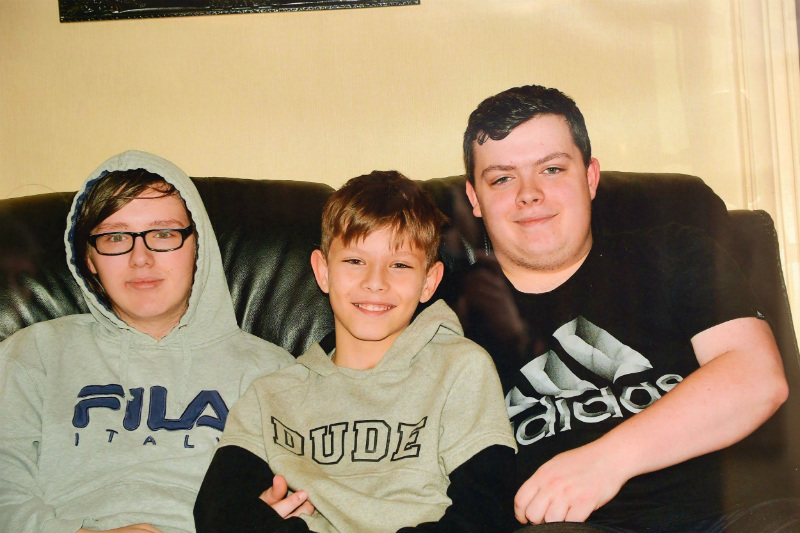Jack Dunn was an average, healthy 17-year-old from Porth, Wales, who, one day out of the blue, began exhibiting severe stomach pains and found himself hardly able to even walk normally.
Clearly worried, his parents rushed him to the local hospital where he quickly underwent several medical tests by doctors. They diagnosed him with severe constipation and prescribed him a laxative that would clear up his symptoms.
A mere twenty-four hours after leaving the hospital, Jack was found dead in his bed, discovered by his father, Kieron.
As the parents admitted, the doctors didn’t seem too concerned about Jack’s exceptional stomach pain, simply passing it off as an intense case of constipation. They performed a simple stomach scan which ruled out appendicitis.
Jack’s father told The Sun news outlet, “We took him to A&E and completely trusted the doctors in telling us what was wrong with him. He could barely walk he was in so much pain. He was given a bladder scan but it didn’t really show anything up. The doctor said he was baffled and believed Jack was suffering from nothing more than a bad bout of constipation.”
Even with a thorough evaluation, the medical professionals weren’t able to discover the actual underlying cause of Jack’s illness, diabetic ketoacidosis, a serious complication of diabetes that occurs when the body produces high levels of blood acids called ketones.
The Dunn family admits that their son’s death could have likely been prevented if he had been given a simple glucose test. Normally when ketoacidosis is detected in a patient, simple medication and insulin can treat the disorder. Along with extreme stomach pain, further symptoms of the illness can include fatigue, confusion, excessive thirst, fast breathing and an abnormally frequent urge to urinate.
The parents admitted, “Jack’s white blood cell count was up so that was an indicator something was going on in his body that wasn’t right. If they had tested him for ketones he would probably be alive today.”
While the Dunn family will never forget this horrific tragedy, Jack’s parents hope that sharing his story will spread awareness about ketoacidosis and potentially save others before it’s too late.


